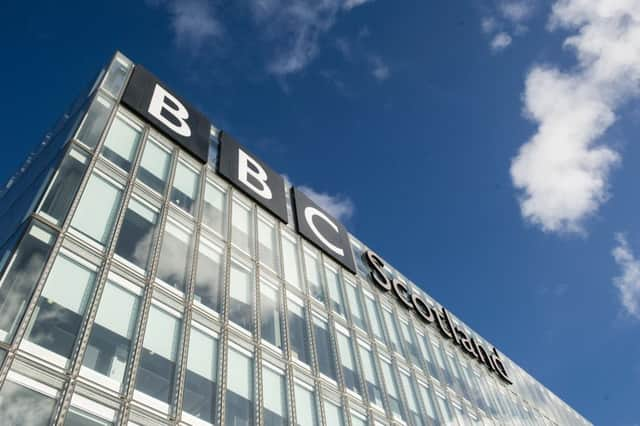BBC denies coverage of Scottish council elections was '˜biased'


The SNP finished with six more councillors than at the previous local authority poll in 2012, but BBC editorial staff refrained from making direct like-for-like comparisons due to the number of boundary changes that had taken place between the elections.
The total number of council wards increased from 1,223 to 1,227 and numerous seats were redrawn.
Advertisement
Hide AdAdvertisement
Hide AdBut this policy led to several Nationalist online commentators to accuse the broadcaster of “bias”, with claims it was choosing to focus instead on gains made by the Conservatives.
The BBC said there was a long-established and accepted practice of producing notional results following boundary changes.
One pro-independence website, Business for Scotland, wrote: “The media narrative on the results has almost unanimously been that the Conservatives have done well and that the SNP lost seats, and so given that the Conservatives campaigned on a platform of ‘say no to a second independence referendum’ that means that the Scottish people don’t want another referendum.
“This narrative has largely been driven by the BBC election results posted on their website and broadcast on the election programmes.”
Advertisement
Hide AdAdvertisement
Hide AdThe Conservatives increased their number of first preference votes at the Scottish local authority elections by 12 per cent, official figures revealed.
Ruth Davidson’s party won 25.3 per cent of first preferences at the ballot on May 4, an increase of 271,474 votes from the last council elections in 2012.
The SNP claimed 32.3 per cent of first preferences, with an overall increase of 80,221 votes.
The party emerged from Thursday’s vote with 431 councillors, an increase of six from 2012, while the Tories boosted their town hall ranks by 161, with a total of 276.
Advertisement
Hide AdAdvertisement
Hide Ad“We do not agree that the BBC has incorrectly calculated or reported the results of the local government elections in 2017, compared with the outcome five years ago,” a spokesman for BBC Scotland told The Scotsman.
“In fact, there have been boundary changes since the local elections in 2012, and in order to compare ‘like with like’ when this has happened there is a long-established and accepted practice of producing ‘notional results.’
“These notional results were calculated by Professor David Denver, a leading academic expert in the field, to show what the outcome might have been if the local elections five years ago had been fought on the new boundaries that exist today.
“A summary of his findings was published in a briefing for the Electoral Reform Society in advance of polling day and was used by other psephologists as a basis for their verdict on the election. We also used notional results for those English counties where there were boundary changes.”
